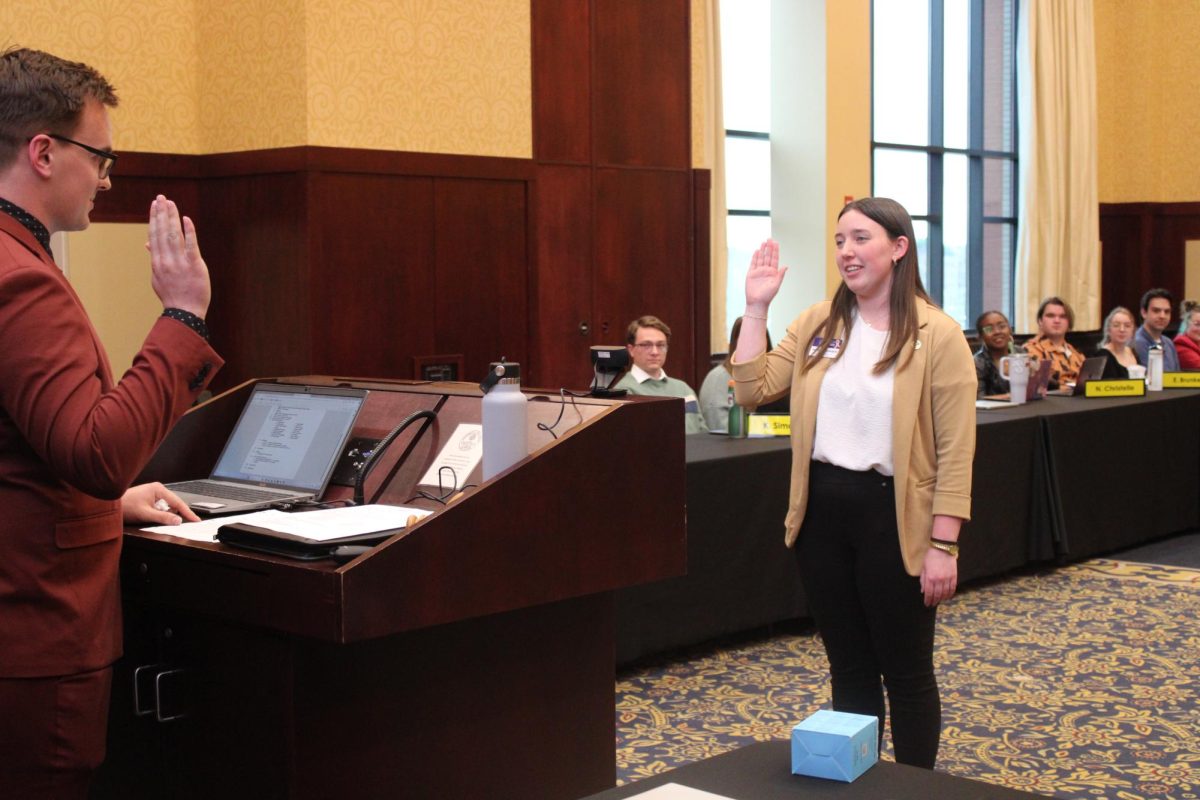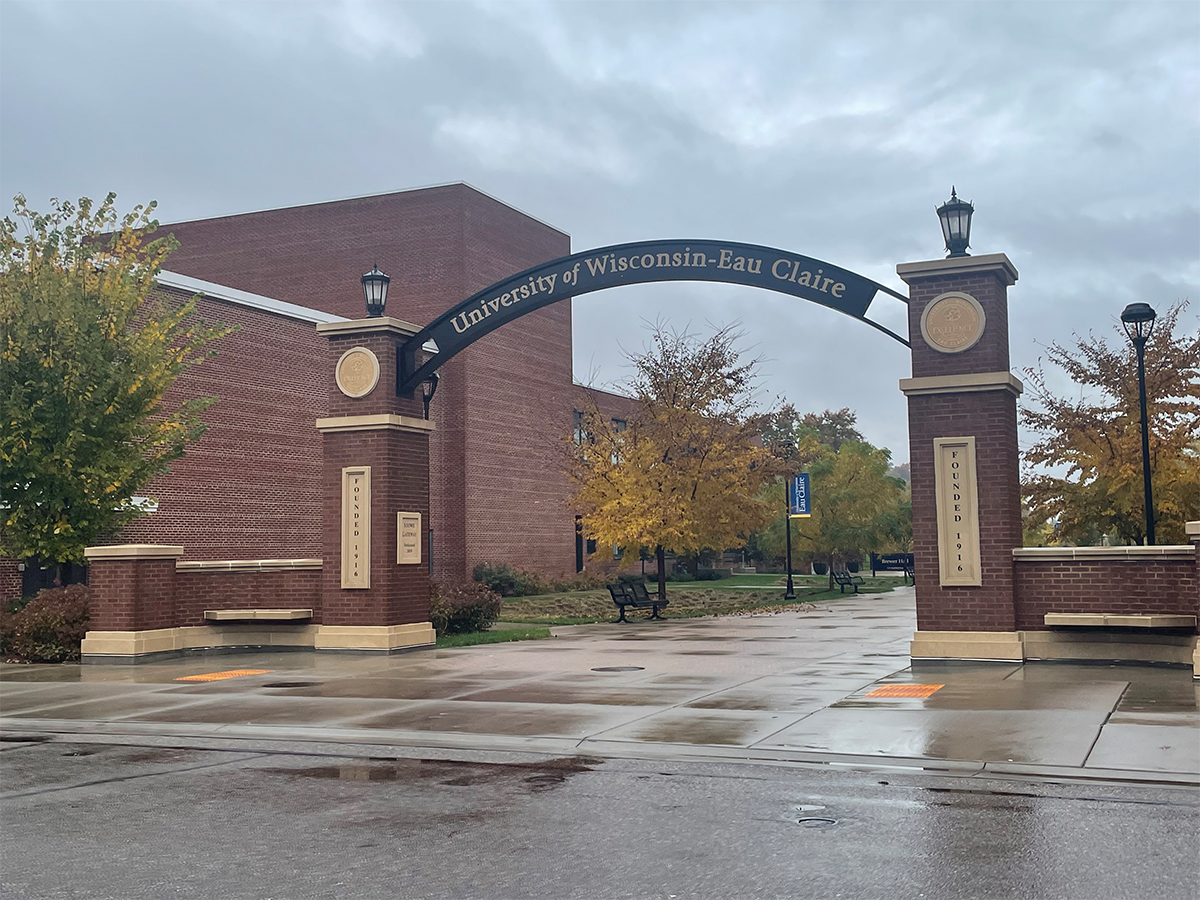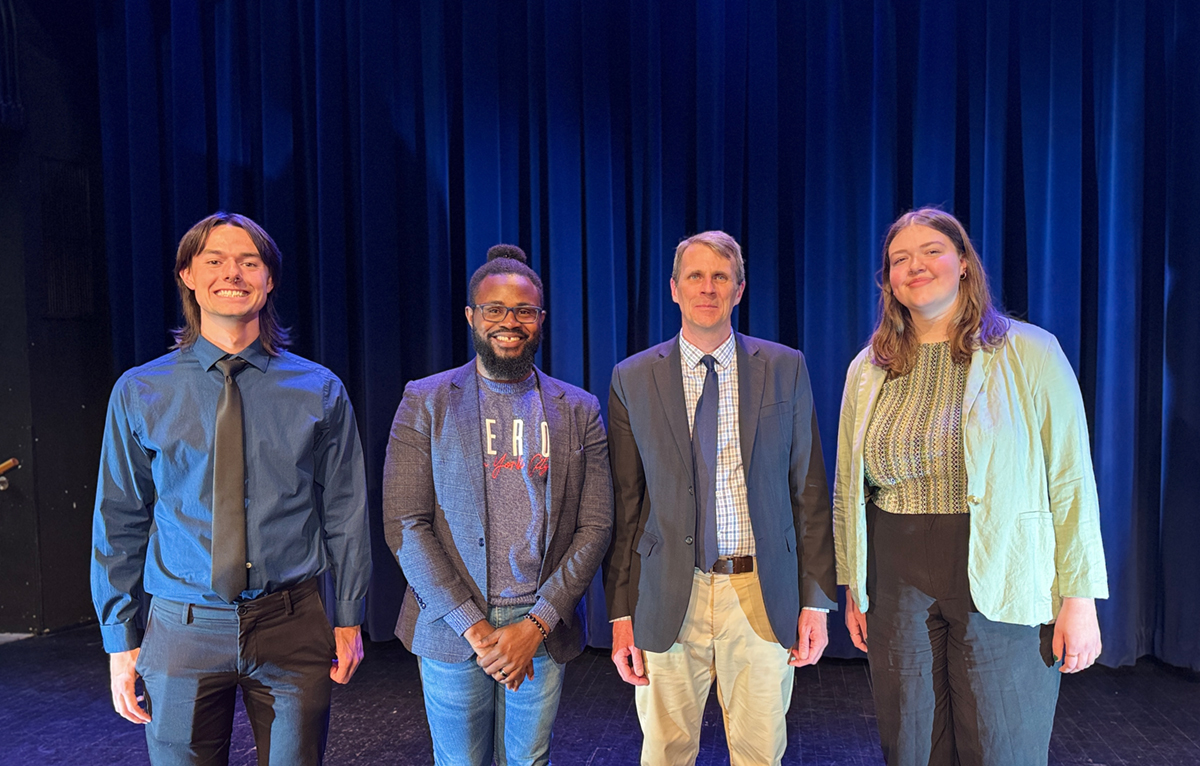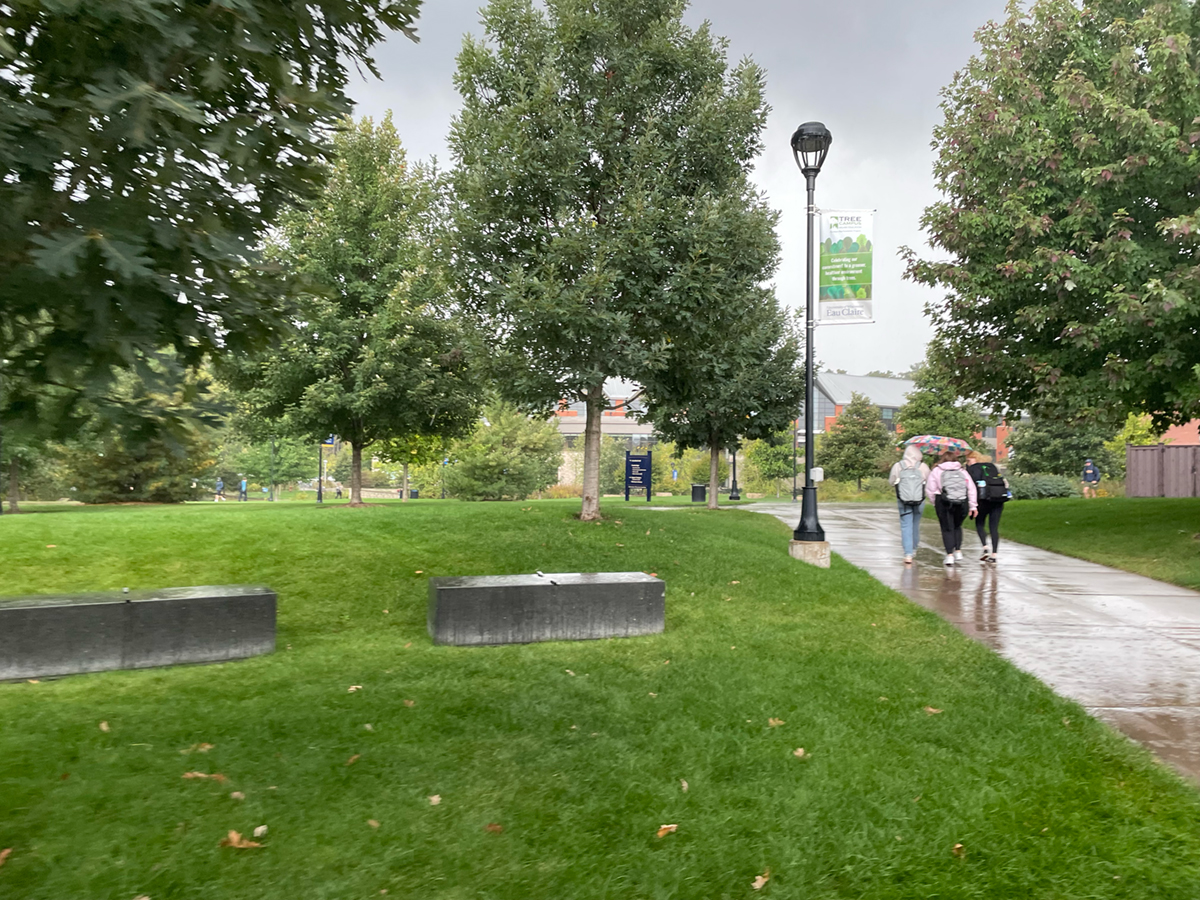The Center for Awareness of Sexual Assault officially was established last week to address issues of sexual assault on campus.
CASA came out of the Sexual Assault Task Force, the predecessor of CASA, which started meeting last fall to talk about sexual assault issues and programs on campus, said Susan Turell, director of CASA.
The task force saw several gaps in the services provided in the community and on campus, and created CASA to fill those gaps, she said.
The center hopes to offer a central organization for students to turn to when they have concerns about sexual assault or have suffered from assault themselves, said Turell. Turell also is the women’s studies coordinator and an associate professor of psychology.
The CASA central office, which will be located in Brewer Hall 55, is not only meant for survivors but for anyone with questions or concerns about sexual assault, such as parents and friends of sexual assault victims, she said. The center will open near the end of October.
“Most of us know people who have been raped, even though we don’t know that (we know),” Turell said. “(We’re) trying to change the campus climate so that victims (and) survivors know that they will be believed and not blamed,” she said.
To achieve a more sympathetic campus climate, CASA also will focus on providing educational programs like “He Said, She Said,” which the center sponsored.
The program, which took place Sept. 4, featured speakers who shared their experiences with sexual assault.
“I thought the program was well worth it,” said freshman Chad Westerberg, who attended the program for his freshman experience class.
The program was good for students because it makes them aware of issues they may not have been concerned about, he said, adding that CASA is a good idea for Eau Claire.
“I think (CASA) would just basically let the students know that sexual assault is something that happens on our campus,” senior Cassie Lubich said.
CASA is composed of people representing all aspects of university life from university-run organizations like Housing and Residence Life, University Police, various student organizations like Promoting Awareness, Victim Empowerment and individual students who are concerned with sexual assault issues, Turell said.
An employee from the Family Support Center in Chippewa Falls will manage the CASA office, which will be up and running by the end of October.
The Family Support Center, an agency providing sexual assault and domestic abuse services, received a Victim of Crime Act grant of about $45,000 to hire the employee, Turell said.
The employee has not been chosen yet, she said, but that person will be in charge of training volunteers and creating educational programs about sexual assault.
Student groups concerned with sexual assault issues hope to work with the employee to create their own sexual assault awareness programs or improve their existing programs, said Lubich, the president of PAVE.
“We’re hoping that the representative from CASA will be able to help us with our programs,” she said. “(We’re) hoping to get together with her to do some more programs about what to do if you’ve been assaulted.”
Turell said CASA plans to begin training volunteers in a preliminary training session that all students are welcome to attend on Oct. 21.
Volunteers will be trained as emergency responders in a sexual assault situation and trained to answer a 24-hour crisis line that will be in place when CASA is fully operational, she said.
“We’re trying to create something … geared toward the students’ needs and university’s needs,” Turell said.






